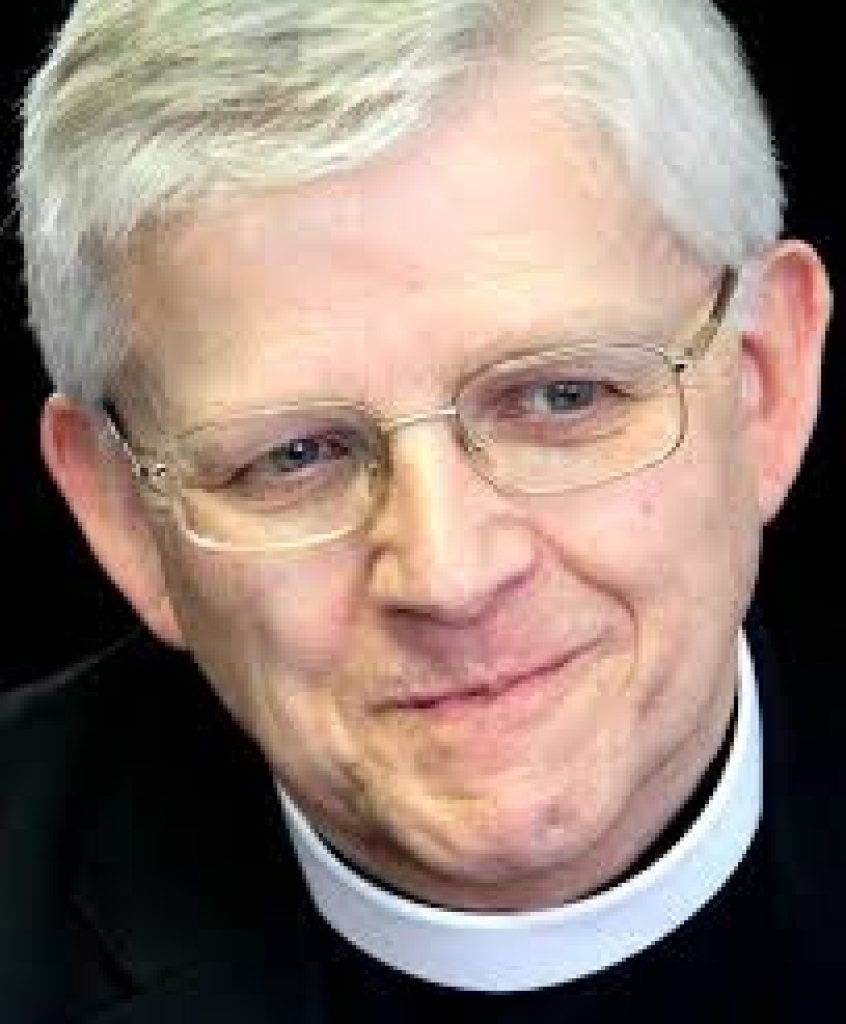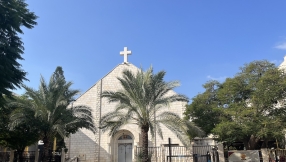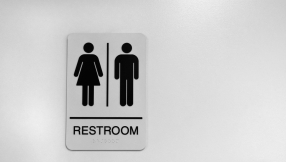A senior evangelical bishop in the Church of England is spearheading resistance to a perceived drift in teaching on sexuality, hinting that some form of schism may be necessary.
Julian Henderson, the Bishop of Blackburn and president of the Church of England Evangelical Council (CEEC), told evangelical leaders across the CofE that 'behind the scenes' initiatives were under way to bolster traditionalist teaching and support in the Church.

But he went on to warn that some form of split or church-within-a-church may be necessary if the apparent liberalising trajectory continues.
'We are being realistic and thinking through what "visible differentiation" might look like, should the Church depart from its current teaching, whether in law or in fact, and make such differentiation necessary,' he wrote in a letter to evangelical Anglican leaders this week.
The phrase 'visible differentiation' comes from a report by the CEEC in 2016. Guarding the deposit argued unless bishops restated and reinforced the teaching that any sex outside heterosexual marriage is sinful, with 'effective sanctions' for gay clergy and others who transgressed, 'the Church of England might need to be divided in two'.
The document read: 'There will need to be some visible 'differentiation' and division within the Church of England between those following this new teaching and those wishing to be in an "apostolic community".'
Now a letter signed by Bishop Henderson as president of the CEEC alongside its executive points to the CofE's recent motions to welcome transgender people and ban gay conversion therapies as well as the Scottish Episcopal Church's vote to permit gay marriage as evidence evangelicals are 'under constant and serious attack'.
The response comes after a comment piece on Christian Today criticised the Church of England Evangelical Council for its lack of action.
Writer David Baker said last Monday: 'The problem [with the CEEC] is simply that it doesn't look as though it is doing or saying enough. And that's a pity, because at this somewhat fraught and unsettled time in Anglicanism's history it is arguable it is needed more than ever.'
The letter sent out on Tuesday retorts: 'CEEC Officers hear the call for a clearer and louder voice in support of the traditional teaching of the Church on marriage and same sex relationships, not least from evangelical bishops. Without being able to be explicit, it is important to say that behind the scenes a number of initiatives are being planned, which hopefully will bring welcome reassurances and send clear messages to the evangelical constituency and the wider C of E and the even wider Anglican Communion.'
But Andrew Symes, editor of the Anglican Mainstream blog responded to the David Baker piece and told Christian Today: 'The wide variety of responses from evangelicals to events at Synod, and the spectrum of different strategies and tactics that are being expressed from different groups, shows why CEEC cannot be expected to unite all the orthodox groupings into a single body, or even speak with one voice.
'[CEEC] will not be able to provide the clear united leadership he asks for, because it reflects the fissiparousness of English Anglican orthodox evangelicalism.'
The intervention from the CEEC comes at a time of increased tensions within the CofE after a July synod which was seen to set the Church on a trajectory away from its current conservative stance.
In response a group of 23 conservatives, led by former Queen's chaplain Gavin Ashenden, warned of a 'declaration of independence' from vicars who feel that those with traditional views are being 'marginalised' by the Church's leadership.
In a letter in the Telegraph they said the 'booing of traditionalists' and the 'personal abuse' that they endured at the synod had 'deepened mistrust' between the two camps.
In response Rev Rachel Marszalek, general secretary of the Fulcrum evangelical grouping, urged evangelicals to say with the 'mother ship' of the CofE.
'We are to remain in the mother-ship, pay our parish shares, teach the faith, care for souls and bodies, and make it clear why the Church should not change its doctrine or practice in regard to marriage. We are always more effective when we contend together for the faith, and if there was a crucial time to do this, it surely is now,' she wrote in the Church Times.













